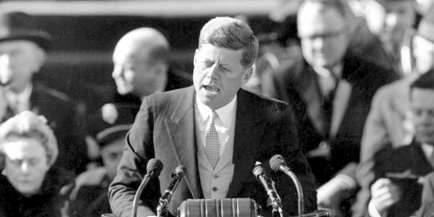|
|
TV Recap - The Vietnam War: Episode 2, Part 1When it came down to deciding what to cover on this, the last week of ShawtBy Mark LightSeptember 27, 2017
Unbeknownst to the Americans, Ho Chi Minh was sharing power with Le Duan who was more impatient to reunify Vietnam than HCM was. Bao Ninh, a North Vietnamese Army veteran, recounts that his parents saw the Americans as invaders no different than the French and he picked up their views. In the most telling interview so far, Leslie Gelb, who worked at the Pentagon, says, "None of us knew anything about Vietnam. Vietnam in those days was a piece on a chessboard, a strategic chessboard, not a place with a culture and a history that we would have an impossible time changing." Kennedy, despite the talent he had gathered around him, did not have a good first few months into his presidency. The Bay of Pigs fiasco ended like, well, a fiasco. He felt bullied by Nikita Khrushchev at a summit in Vienna. He couldn't keep the Soviets from building the Berlin Wall. He refused to intervene in a communist insurrection in Laos. He was accused of being immature, indecisive, and inadequate to facing the communist threat. Kennedy felt he could only make so many concessions and survive politically in his first year. South Vietnam posed another problem. Reports were that the Viet Cong controlled half of the Mekong Delta, a densely populated area. He sent Maxwell Taylor and Walt Rostow to investigate. They came back urging him to commit US troops. Kennedy declined, saying it would be like taking a first drink. He instead turned to the concept of limited war. He looked to the Special Forces and counterinsurgency tactics with the recently developed Green Berets.
|

|
|
|

|
Thursday, April 25, 2024
© 2024 Box Office Prophets, a division of One Of Us, Inc.


